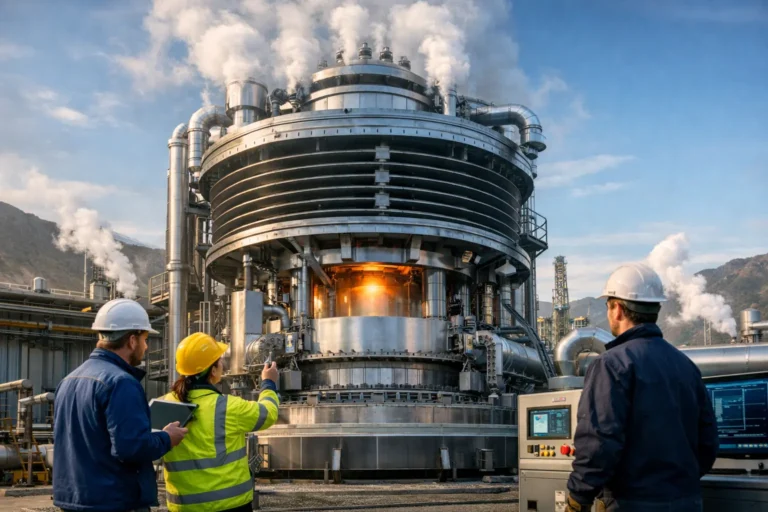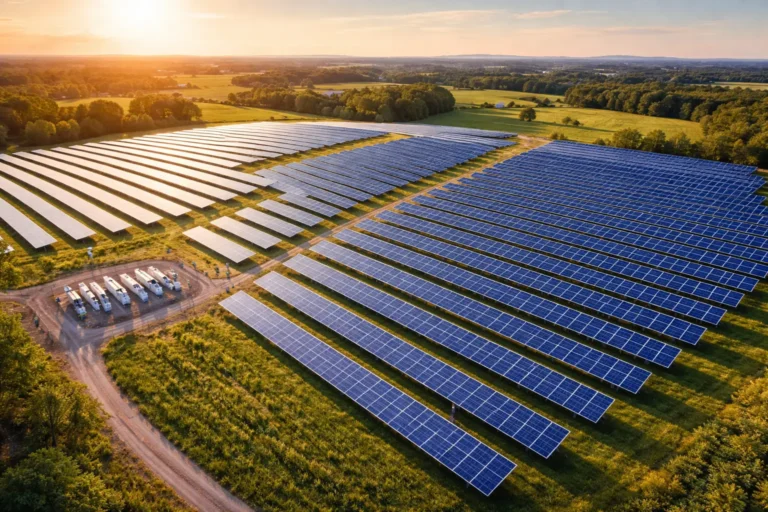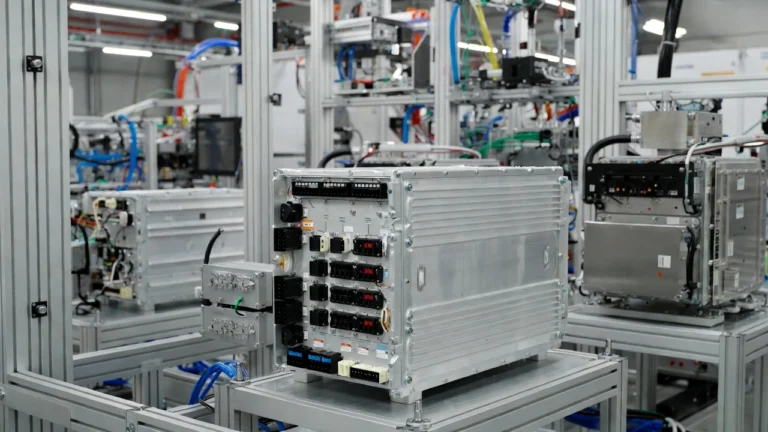
Iberdrola Exits Hungary with €171 Million Sale to Premier Energy and iG TECH CC
Iberdrola, one of the world’s largest utilities and a global leader in renewable energy, has reached an agreement to divest its entire business operations in Hungary. The company announced the sale of 100% of the shares of Iberdrola Renovables Magyarország KFT—its wholly owned Hungarian subsidiary—to a consortium comprising Premier Energy and the Hungarian investment group iG TECH CC.
The transaction, once finalized, will provide Iberdrola with a total consideration of €171.2 million, which includes the proceeds from the share sale as well as a dividend distributed prior to closing. The deal remains subject to the standard regulatory approvals required for transactions of this scale within the European Union.
Assets Included in the Sale
The sale encompasses Iberdrola’s entire wind power portfolio in Hungary, representing 158 megawatts (MW) of operational capacity. These assets, developed and commissioned by Iberdrola since its entry into the Hungarian market in 2008, have played a role in the country’s renewable energy landscape for nearly two decades.
Currently, the portfolio consists of two categories of assets in terms of market exposure. Approximately 124 MW of capacity already participates directly in Hungary’s liberalized wholesale electricity market. The remaining 34 MW are still under a regulated tariff system but are expected to transition to the free market within a year, as the 15-year regulatory tariff framework comes to an end. Once this transition occurs, all of the sold assets will be subject to market-based pricing, creating opportunities for new owners to capitalize on energy demand dynamics and price signals.
Buyers: Premier Energy and iG TECH CC
The buyers of Iberdrola’s Hungarian operations bring both international and local expertise to the table.
- Premier Energy is no stranger to Iberdrola’s regional portfolio. In 2024, the company acquired Iberdrola’s assets in Romania, strengthening its position in Central and Eastern Europe. The Hungarian acquisition represents a continuation of Premier Energy’s strategy to expand across key renewable markets in the region.
- iG TECH CC, a Hungarian investment group, adds local insight and operational grounding to the consortium. Their participation ensures that the assets will remain closely aligned with domestic energy strategies, regulations, and infrastructure development needs.
This partnership creates a balanced ownership structure, blending international renewable energy experience with local market knowledge, which is likely to help maximize the long-term value of the Hungarian wind assets.
Strategic Rationale for Iberdrola
The sale is not an isolated move but rather part of Iberdrola’s broader portfolio rotation strategy. The company has been systematically realigning its global operations to focus more heavily on markets and business models that provide long-term stability and predictable returns.
Specifically, Iberdrola is prioritizing:
- Networks in the United States and the United Kingdom – These are key growth markets where Iberdrola already operates extensive regulated electricity distribution and transmission assets. Such networks provide reliable income streams under regulatory frameworks.
- Regulated or long-term contracted generation assets – These include renewable energy projects backed by power purchase agreements (PPAs) or regulated tariffs, which reduce exposure to market volatility.
By divesting operations that no longer align with these strategic priorities, Iberdrola can redeploy capital into areas where it sees greater potential for sustainable growth and shareholder value creation.
Alignment with Iberdrola Energía Internacional
The deal also reflects the corporate direction of Iberdrola Energía Internacional, the group’s international division. The business unit has been concentrating its activities on core European Union markets and Australia. This geographic focus allows Iberdrola to operate at scale, leverage regulatory familiarity, and enhance synergies across its portfolio.
Hungary, while important in Iberdrola’s early expansion into Central and Eastern Europe, no longer fits within this concentrated strategy. Exiting the country therefore frees resources and management focus for larger markets where Iberdrola is pursuing ambitious renewable and grid investments.
Broader Context: 2025 as a Year of Strategic Moves
The Hungarian sale is part of a broader pattern of high-profile deals and partnerships that Iberdrola has announced in 2025, underscoring its dynamic approach to asset rotation and international growth.
- Exit from Mexico: Earlier in the year, Iberdrola finalized the sale of its business in Mexico. This marked a significant repositioning in the Americas and reinforced its focus on markets offering stronger regulatory certainty and growth potential.
- Partnership with Masdar in the UK: Iberdrola entered into a landmark alliance with Abu Dhabi–based renewable energy developer Masdar. Together, they will co-invest €5.2 billion in the development of the 1.4 gigawatt (GW) East Anglia THREE offshore wind farm in the United Kingdom. This project, one of the largest offshore wind farms currently under development, reflects Iberdrola’s commitment to scaling up clean energy capacity in one of its core growth markets.
These moves highlight Iberdrola’s ability to balance asset disposals in non-core regions with large-scale investments in strategic markets, thereby ensuring both financial discipline and continued leadership in global renewable energy.
Implications for Hungary’s Energy Market
The divestment also has implications beyond Iberdrola’s corporate strategy. For Hungary, the transfer of ownership could provide a boost to the renewable sector. Premier Energy’s expanding presence in the region, combined with the local expertise of iG TECH CC, may inject fresh capital, innovation, and operational focus into the wind assets.
As Hungary continues to align with the European Union’s decarbonization targets, the presence of committed investors in renewable energy infrastructure is likely to support national efforts to reduce reliance on fossil fuels and increase the share of clean energy in the country’s energy mix.










